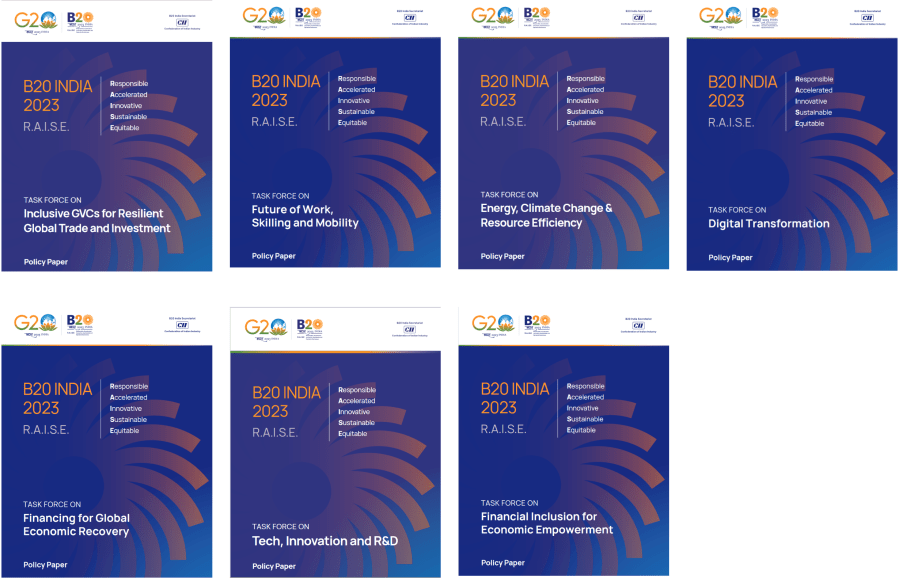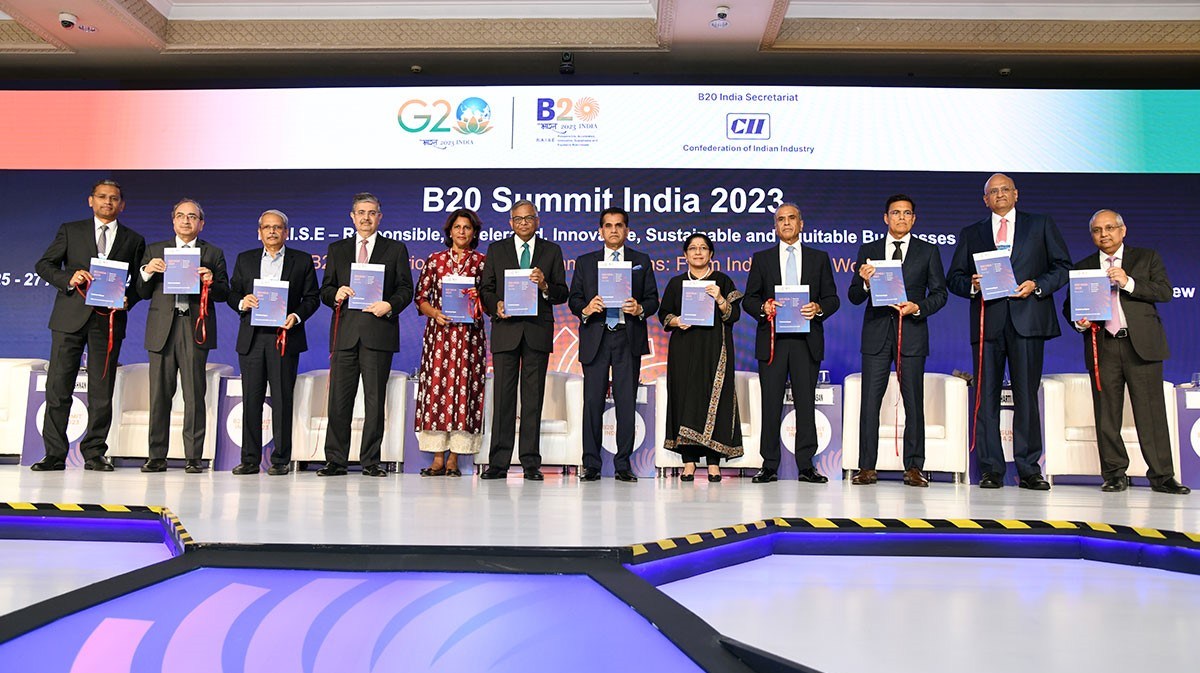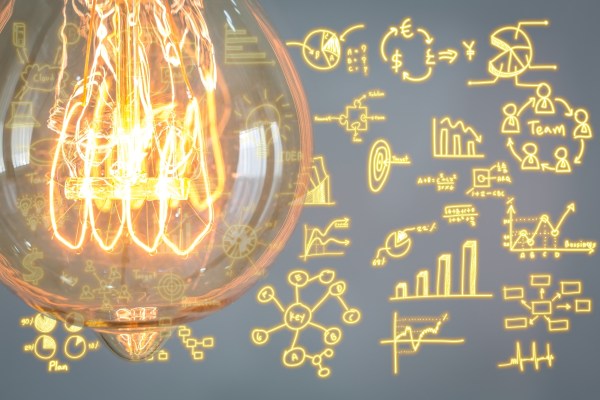The B20, established in 2010, is the main forum for dialogue between the G20 and the global business community. Businesses from all over the world participate in this forum, whose purpose is to provide concrete policy recommendations to drive inclusive and sustainable economic growth.
The meeting takes place at a time characterised by unpredictability in the global economy, an era of rapid technological change and the growing importance of environmental preservation. In addition, the recent BRICs+ alliance marks an era of transition to a new global order where influences are balanced between West and East, as well as between the northern and southern hemispheres.
B20 India 2023 addresses key priorities for global prosperity
In 2023, India has chaired the B20 and hosted its summit, which took place from 25-27 August. Chaired by the Confederation of Indian Industry (CII) and under the theme “Let’s R.A.I.S.E the bar”, B20 India seeks to raise ambition and promote responsible, accelerated, innovative, sustainable and equitable (R.A.I.S.E) businesses. Adopting these practices is seen as driving positive economic growth for both people and the planet.
The results of the work carried out by the seven Task Forces and two Action Councils are presented in the B20 Communiqué to the G20 for consideration in the Leaders’ statement. This document contains policy recommendations on nine priority areas, namely: inclusive global value chains for resilient trade and investment; the future of work, skills and mobility; digital transformation; financing for global economic recovery; financial inclusion; energy, climate change and resource efficiency; technology, innovation and R&D; ESG in business; and Africa’s economic integration.
Each of these priorities has been addressed with specific approaches that are summarised in concrete positions, which have been central to the elaboration of the B20 Communiqué.

The challenges of the global economy
The meeting takes place at a time of global change. More than 65 prominent speakers participated in the event, which brought together 1700 business and government leaders from nearly 60 countries. The challenges facing the global business community were addressed in more than 20 sessions.
In his inaugural speech, N. Chandrasekaran, chairman of the B20 India, summarises the challenges facing the global economy in three main points.
The world is navigating through three major transitions: the digital and artificial intelligence transition, the energy transition and the global value and supply chain transition
He also emphasises India’s commitment to the growth, innovation and sustainability of the ‘Global South’. Underlying these words is the fourth transition: the transition to a new world order, at a time when the BRICs+ bloc is growing in strength.
The capabilities of countries, whether in terms of technology, talent or management of international relations, will be crucial in addressing these transitions and shaping the leaders of tomorrow. Businesses, for their part, have the potential to play a transformative role in addressing pressing economic challenges.
The relevance of the digital transition and the challenge of digital divides
Building inclusive societies that harness the power of technology to unleash human potential, innovation and foster sustainable economic growth is a key priority.
The global economy has been boosted by the growth and integration of digital technologies. According to the B20, the digital economy already contributes more than 15% of global GDP and has grown 2.5 times faster than global GDP in the last decade.
The pandemic has accelerated digitisation globally, but it has also highlighted a significant gap: the digital divide.
Disparities in the deployment and quality of connectivity infrastructure, the availability of internet-enabled devices and the quality of education, leading to different levels of digital literacy, have left many people unconnected.
Differences in the capacity of medium, small and micro enterprises to deal with digitalisation also add to this gap. In addition, boosting digital trust is essential to increase digital adoption. These challenges require inclusive approaches and collaborative efforts to ensure that digitisation benefits all.
Telefónica and the B20 Digital Transformation Task Force
The Digital Transformation task force, in which Telefónica has participated, calls on the G20 to accelerate the availability of quality, high-capacity, future-proof connectivity networks as a first step to closing the digital divide.
The proposed actions focus on removing barriers to infrastructure deployment and promoting public-private partnerships for broadband expansion. In particular, to rural and sparsely populated areas, where investments are not commercially viable.
The task force calls to promote frameworks that improve the investment climate and incentivise private sector investment efforts. Among others, the group advocates reasonable spectrum prices with optimal licence duration. It also calls for a predictable and investment-friendly regulatory environment and fair competition for an adequate return on investment.
In addition, the task force recommends amplifying private sector efforts up the value chain to boost internet affordability and accessibility and advocates a balanced approach to taxation.
The group also emphasises the importance of promoting digital skills, supporting the digitisation of SMEs and micro-enterprises with sustainable financing and fostering multilateral cooperation to establish harmonised cybersecurity standards and address cybercrime risks, among others.
Next summit
Following the summit, the B20 Secretariat India hands over the presidency to Brazil, which will host the G20 in 2024 and continue to promote the creation of a world of shared prosperity.







